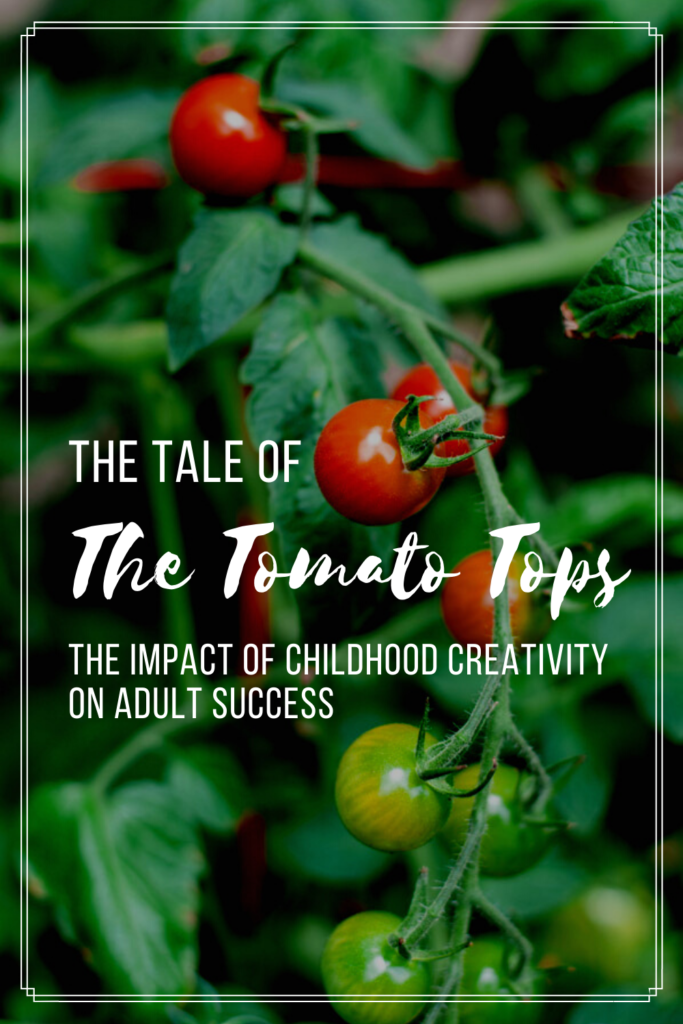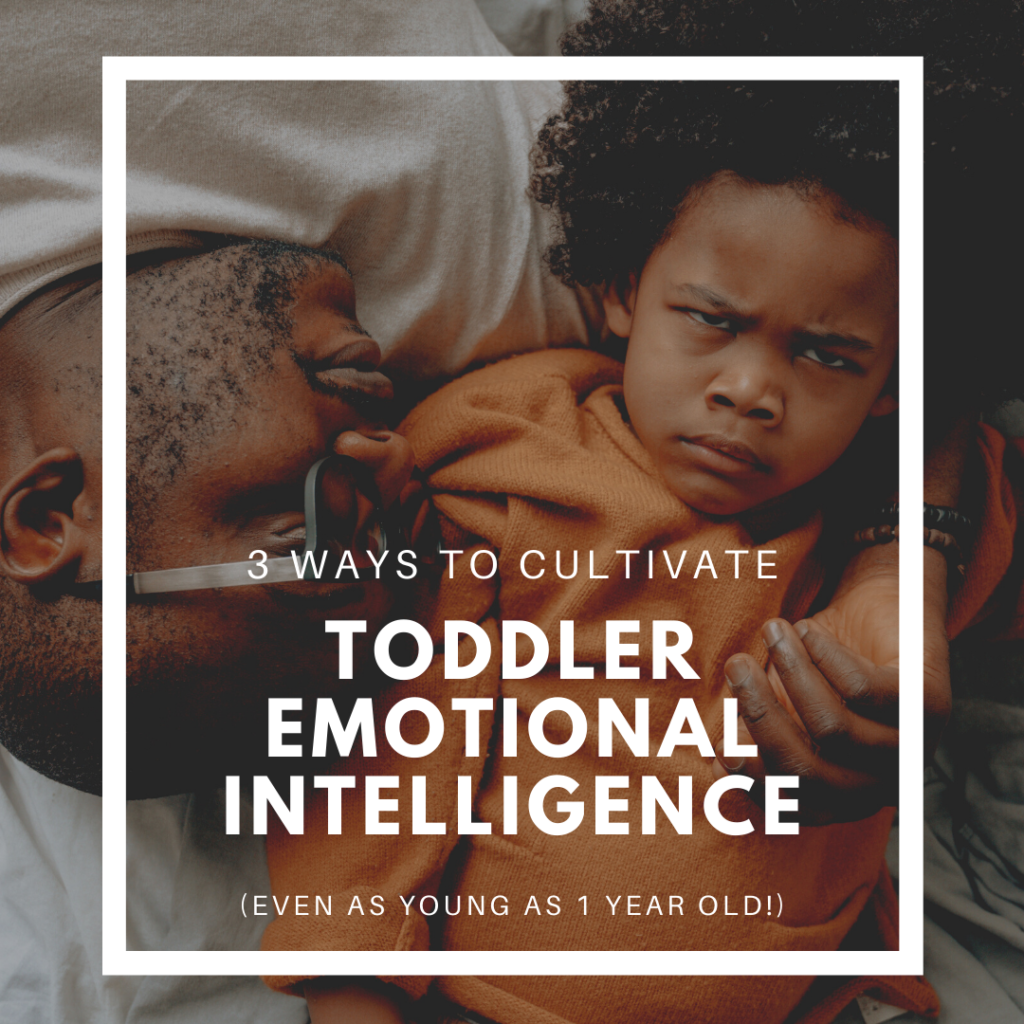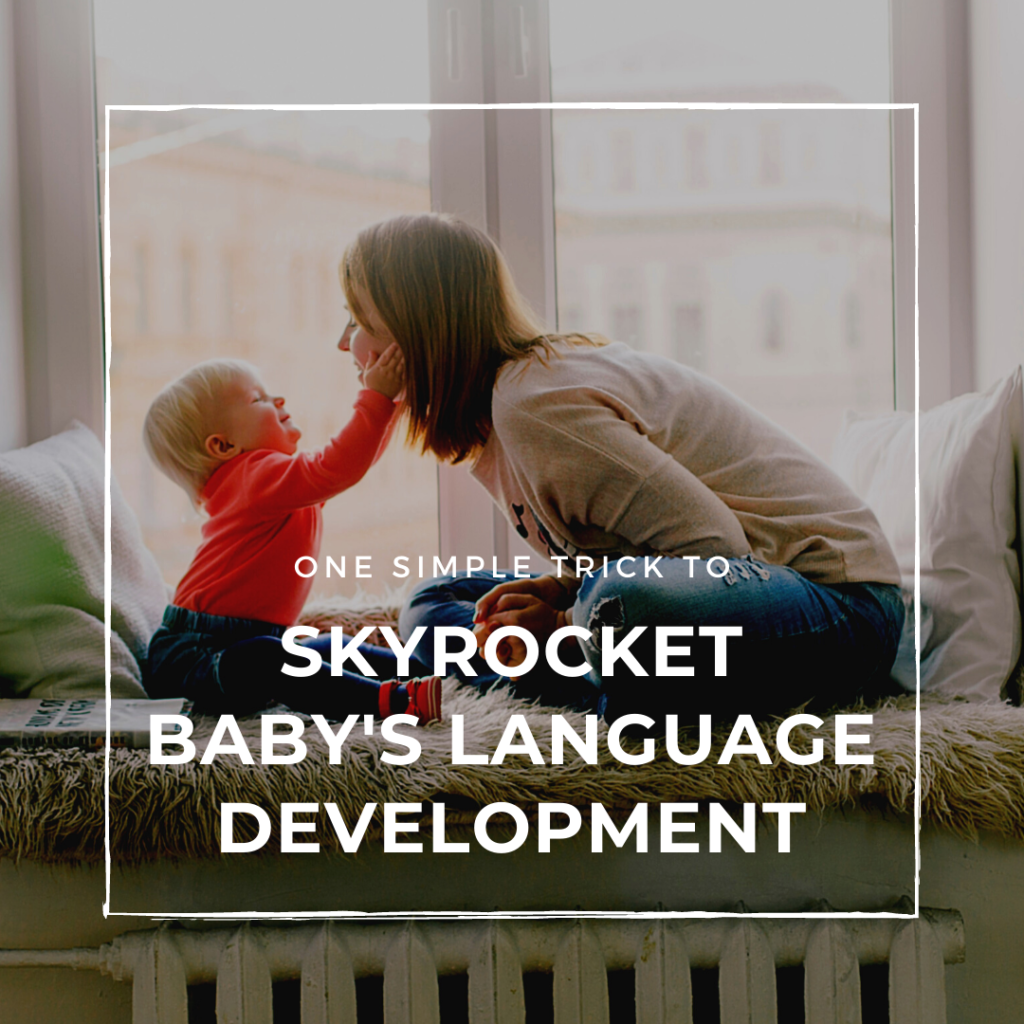
When I was five years old, my parents packed up our family of seven-and-counting, seven chickens, and one rabbit and moved us from the bustling suburbs of southern California and into rustic northern California to start a small farm in the country.
We planted a thousand(!) tomato plants (among countless other crops), adopted two more boys, raised livestock, and opened a roadside farm stand appropriately dubbed “Country Gardens”. I have countless fond memories of life on the Country Gardens farm—from early mornings collecting the freshest eggs or picking sun-sweetened produce, to raising pigs and goats for 4-H, to our annual Thanksgiving morning mud football festival.
My parents loved creativity, rarely saying no to mine and my siblings’ dreams and ambitions on the farm, from “Can we build a clubhouse?” to “Can I get pigeons?” to “Can we make an egg-launcher?” (By the way, they said yes to all those things. Really.) We spent hours tinkering, experimenting, and pursuing our passions fueled by home-grown veggies and a healthy dose of California sunshine.
 Among all the memories and life-lessons learned on that farm though, I was reminded of one in particular as I harvested tomatoes from mine and my husband’s tiny backyard garden one sunny afternoon last week: the one about the tomato tops.
Among all the memories and life-lessons learned on that farm though, I was reminded of one in particular as I harvested tomatoes from mine and my husband’s tiny backyard garden one sunny afternoon last week: the one about the tomato tops.
We sold a multitude of wares at our farm stand: organic vegetables, fresh-cut flowers, and award-winning strawberries. As I helped harvest some of the vegetables for the stand one morning, I noticed a business opportunity: tomato tops! They were adorable, just right for arts and crafts, and surely someone would want to buy them! I asked my parents, who enthusiastically obliged and let me set my bowl of tomato tops and hand-scrawled sign—“Tomato Tops – 10 cents each”—proudly next to the register.
As I think back to that moment as an adult, it occurs to me all of the possible responses my parents could have easily given: “Oh, sweetie, I don’t think anyone will want those” or “Don’t you know the tomatoes already come with tops?” or “Well, I guess we can, if you realllly want to…” But my parents gave me none of those replies. Instead, they said, “Absolutely!” and let me give it a shot.
After I returned from a playdate that afternoon, my dad announced that someone had bought some tomato tops! I peered into the bowl. Sure enough, three tomato tops were gone. Matching my grin, he handed me three dimes, which I happily pocketed and tucked into my piggy bank that night.
I don’t think my parents knew the magnitude of the simple lesson they taught me that day—they just knew that by allowing me to pursue even the simplest of childhood ambitions, I would build courage to pursue my adult dreams in full force: moving 800 miles away, getting my master’s degree, starting a business… As I got older and my dreams became more complex, they were always intentional about asking hard questions, standing by for advice or encouragement, and connecting me with resources which matched my passions, but they never put a limit on what was possible.

How can we encourage the next generation to hold that kind of courage and foster creativity?
1. Say “yes”. My parents did set boundaries around plenty of things growing up—bedtimes, table manners, and schoolwork, for instance—but in our spare time, we were totally free to pursue just about whatever project we wanted. My parents later told me that they purposefully made a point only to say “no” when it was really truly necessary.
2. Balance structure and spontaneity. Routine and structure are essential components to a secure and predictable home (not to mention providing space to hone the very skills that allow creativity to happen!), but discovery and creativity often emerge out of long blocks of uninterrupted play.
3. Embrace the messiness of creativity. My parents once said “yes” to mine and my brother’s ambition to make trout-stuffed spinach ravioli, from-scratch dough and all—when we were both seven years old. We took charge of the (four hour long!) project. My mom helped with the grown-up parts like boiling the finished ravioli, then showed us how to execute the clean up when we were done. You know what my brother and I learned? We were capable of doing more than we even knew. AND we knew how to clean up.
4. Get active. Exercise improves executive functioning (aka higher-level thinking skills) by 50 to 100 percent! As kids, my siblings and I were plenty active outdoors, but we also participated in activities like dance, karate, and rock-climbing lessons over the years, which absolutely helped fuel our ambitious creativity in the long run.







0 Comments